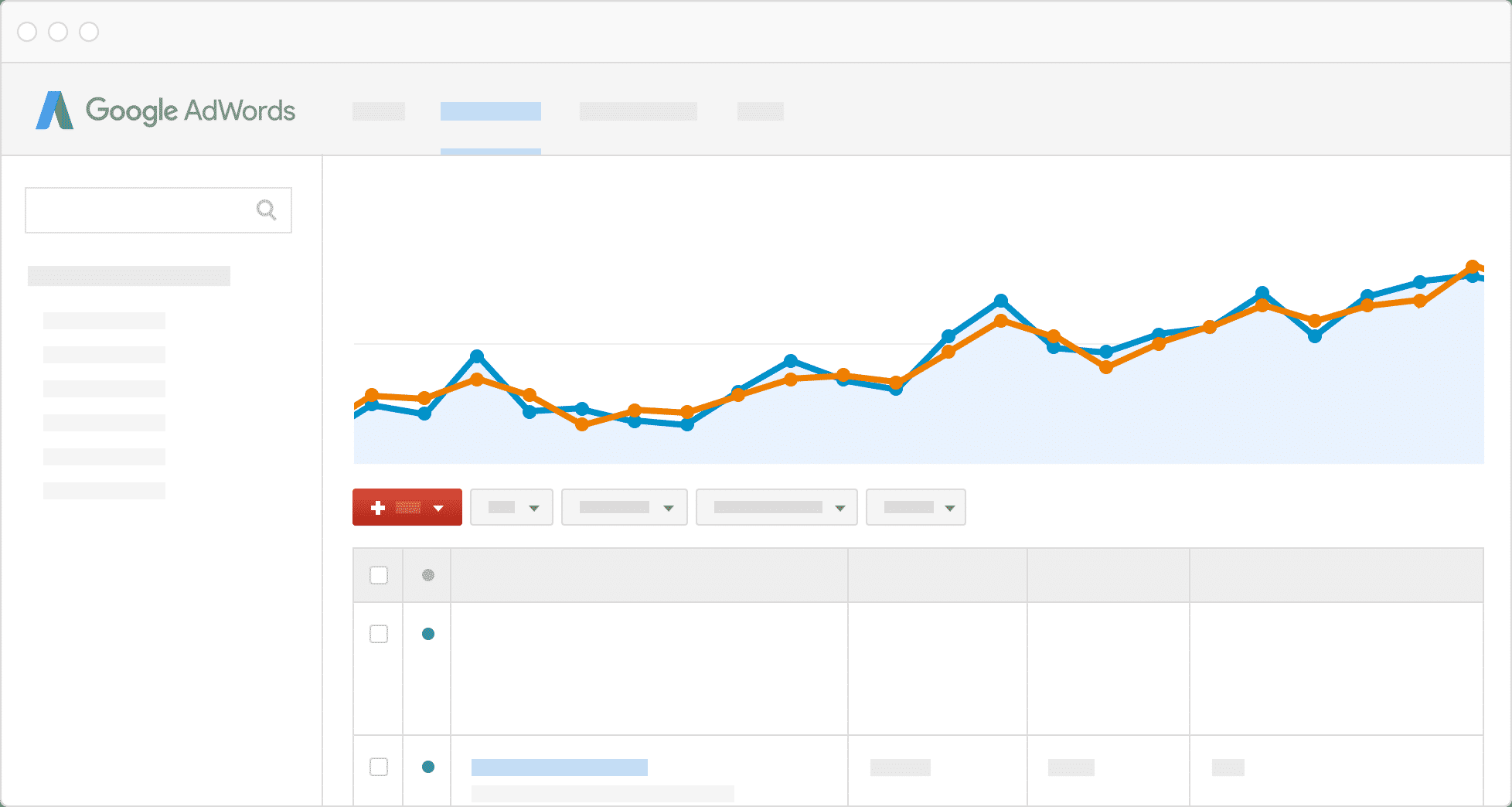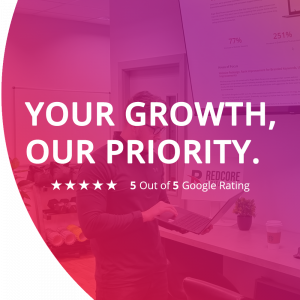If you’re an online marketer or owner of a small or medium-sized business, you might be familiar with the efficacy of pay per click ads (PPC) in your overall marketing strategy. The importance of a PPC strategy in 2020 can’t be understated – it’s an effective way to generate quality leads quickly. If you do it right, the return on investment is potentially great.
Efforts to acquire organic leads through SEO techniques, both on page and off-page, can be time consuming, requiring lots of efforts and planning – but totally worth this investment. It’s probably fair to say though that PPC can be a quicker route to market.
[ez-toc]What is Pay Per Click (PPC)?
PPC is an acronym for pay-per click, which is an online advertising option that charges advertisers a fee every time an advertisement is clicked by a potential customer. Each click leads to your website, social media business page, blog page, or online store, depending on what action you want customers to take.
The parameters of PPC are:
- The keyword – this can be a single word or phrase that matches the search terms of an online user. You may need to bid on some high ranking keywords which can be expensive
- The CTR – this stands for the click-through rate, which is the ratio between the number of clicks and the total number of people who visited and viewed your page
- The CPC – stands for cost per click, which when totalled is the amount you will be charged
PPC is a way of buying leads through paid advertisement as opposed to generating organic search leads through SEO (search engine optimisation). Advertisers using PPC can bid for ad placement in the sponsored links of a search engine. The sponsored links are prominently displayed on top of the SERPs (search engine ranking pages) for a particular related keyword or key phrase used by someone typing in the search bar.
An advertiser can bid on a keyword or key phrase. This means that only the ad of the highest bidder for that keyword phrase will appear on top of the SERP for that particular search word.
What is a PPC strategy?
Just like any other online marketing campaign, the main objective of a PPC strategy is to generate leads or visits to your designated landing page. A PPC strategy is a coherent plan or a set of plans with specific implementable tactics that will achieve the following:
- Lead generation – Your PPC strategy must be focused on generating leads, visitors or sales. Whether you just want to create brand awareness or you want to find the right audience, PPC can help attract potential customers
- Conversions – Of course not all visitors will be converted into paid subscribers or customers. Thus, the second goal of your strategy is to achieve high conversion rates
- Maximising ROI – PPC only makes sense in terms of the return on investment. You should try and maximise your advertising budget by generating the largest revenue possible
PPC has an average of 3.75% conversion rates across all industries. This means that about four for every one hundred people who click your ad will become your customer or paid subscriber. By comparison, SEO organic leads have a conversion rate of 2.35%.
Why do you need a PPC Strategy?
If you have a start-up business and want to establish your brand, PPC can help you introduce your business to your target audience. Establishing brand awareness is the first goal that you should strive to achieve.
PPC is also measurable. You have all the data points you can possibly think of to hand, which means you can learn a lot about your audience and about what works (and what doesn’t).
You’ll also get results quickly, and if you’re able to be agile you can move fast to tweak your PPC campaigns to make them work even more effectively.
PPC also benefits your SEO strategy as it enables you to discover what your keywords are and which are most popular. You can then use those keywords in your website content.
Get Help With Your PPC Strategy in 2020
BONUS: Top tips for PPC in 2020
Placing importance on a PPC strategy in 2020 means that you will keep abreast of the trends and be able to outperform your competitors. You do not necessarily have to spend a lot on PPC. You only have to be strategic. You can choose your budget range, keywords, and even your geo targeted area.
Between 2018 and 2019, the average monthly budget range of advertisers was between US$50 and US$500,000 depending on the industry and company. Typically, larger budgets also mean higher number of leads but that does not necessarily translate into high conversion rates.
There is also the factor of diminishing marginal value for each type of product, company or industry. If you have a highly focused niche with a relatively small market, any additional expenditure on advertising must be considered carefully so you need to be very strategic. You could also try:
- Google smart bidding
- Facebook ad automation
- Leveraging ultra-specific landing pages
- Optimising for voice search
- Amazon paid ads
- Reddit PP
Conversion rates
Conversion rates are the true measure of success of any PPC marketing campaign, but there are several variables to consider. Conversion rates vary depending on industry. Some websites have higher conversion rates than others.
Conversion rates also vary depending on the platform used. For instance, the average conversion rates for e-commerce on desktop is 3.84% but only 2.03% for mobile phones.
PPC vs SEO
We are definitely not saying that you should exclusively focus on PPC and ignore SEO organic leads. You can maximise your profits if you combine both strategies. Ranking high in the search engine results pages or SERPs while having PPC ads is ideal. Why not have the best of both worlds?
Need help with your PPC strategy? Book a free Discovery Call with us Today













